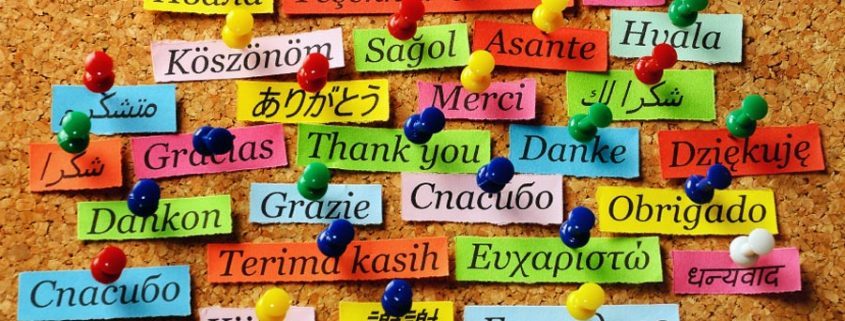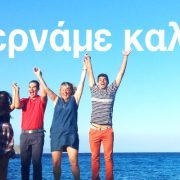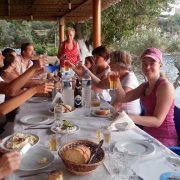Omilo was contacted by the Greek ERT TV-station, in March 2013, with the question to interview the owners of the Omilo-school (Maya and Dimitris Andreadis) about multilingualism.
The journalists were making a documentary about ”Multilingualism in the EU” . The reason they contacted OMILO was mostly to get information about:
1. How easily foreigners learn Greek
2. How a couple with two different native languages decides about their “common language” or the language they speak with their children.
Maya and Dimitris answered their questions and were impressed with the professional set-up of the very friendly journalists. The documentary was finally not broadcasted on ERT, since due to the crisis, ERT was closed down in summer! However, you can find it online!
The video is in Greek or has Greek subtitles and a small part of the interview with Maya and Dimitris is shown from minute 43:20 till minute 47. At minute 43:20 the video shows a part of the Athens walk we did with some Omilo students and you can also recognize our teacher Terpsi!
The journalists had the intention to interview some Omilo-students during that walk and ask their opinion about “Learning Greek “. However, most students clearly stated they did not want to speak in front of a TV-camera and therefor the idea was abolished. At that time, students were not used yet to speak on video, something that changed a lot since 2020. (take a look at what students say now on YouTube)
Description of the documentary:
27 countries , 23 languages , 506 different combinations of translation. The European Union is the temple of multilingualism, something that was made clear from the time the EU was founded: the principle to have respect for all languages as well as respect for difference and diversity. This of course has a tremendous cost for translation and interpretation within the EU, but is considered necessary in order to give all EU employees the possibility to communicate in their native language during meetings. The European Parliament is therefore not a Babel , where nobody could confer with each other , but an ” Anti- Babel “, where everyone can express what he wants and is sure it will be understood by the others.






